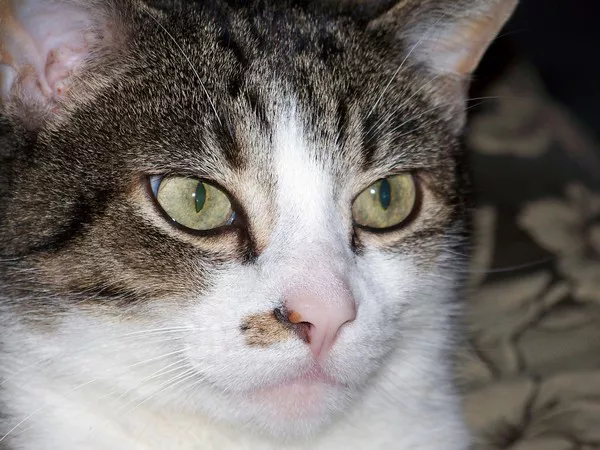Conservative MP Sir Christopher Chope is seeking to challenge a government-backed initiative to criminalize cat abduction in England and Northern Ireland. He aims to amend the Pet Abduction Bill, originally focusing solely on dogs, proposing that cats be included only after the implementation of a new law mandating their microchipping.
Sir Christopher’s amendments, although unlikely to pass due to government support for the legislation, will necessitate debate in the House of Commons, potentially delaying the enactment of an offense related to either animal before the general election.
Presently, pets are legally regarded as property, and pet theft falls under the purview of the 1968 Theft Act, a law similarly applied in Scotland.
The proposed Pet Abduction Bill seeks to establish cat and dog theft as distinct criminal offenses in England and Northern Ireland, with perpetrators facing fines or up to five years in prison upon conviction.
Sir Christopher argues that cats should not be included until after regulations mandating their microchipping become effective in England in June. Microchipping involves implanting a tiny electronic device under an animal’s skin, linking it to its owner’s details.
While microchipping for dogs has been compulsory in England, Scotland, and Wales since 2016, Northern Ireland requires it only as a condition for holding a dog license.
Sir Christopher’s proposal aligns with the original recommendations of a government-convened working party, suggesting that pet abduction legislation initially focus on dogs.
The Private Member’s Bill, introduced by Conservative MP Anna Firth after the government withdrew similar measures last year, was expanded to include cats following advocacy by cat charities.
Environment Minister Rebecca Pow has endorsed the bill, emphasizing the importance of addressing pet theft as a “callous crime” and ensuring perpetrators face justice.
The proposed amendments will be debated on April 19, potentially affecting the bill’s progress. Despite Sir Christopher’s interventions, supporters of the legislation remain hopeful that it will proceed swiftly through the Commons and be considered in the House of Lords.
Sir Christopher, known for his engagement in Private Members’ Bills, previously used parliamentary procedures to delay legislation, drawing criticism. However, he maintains that his objections were procedural and not substantive.


























